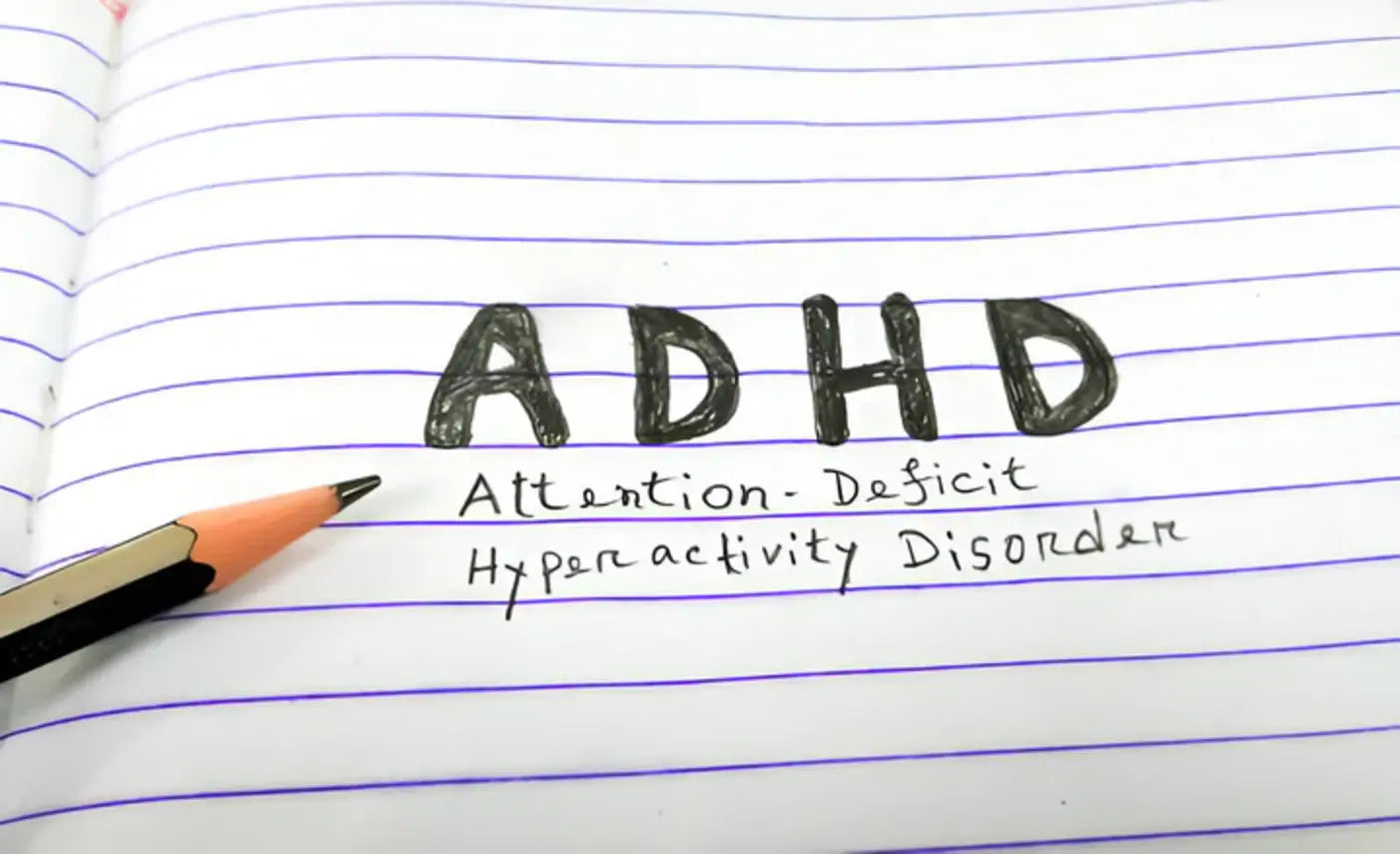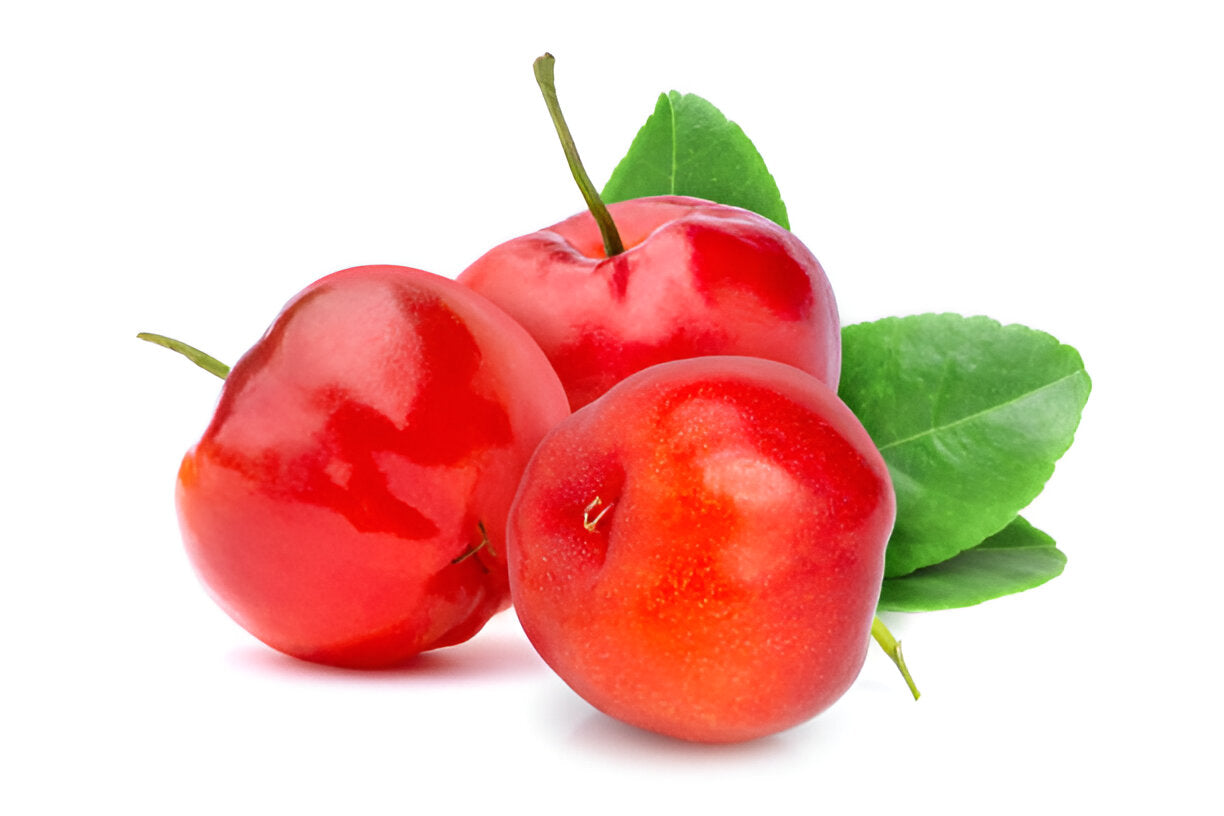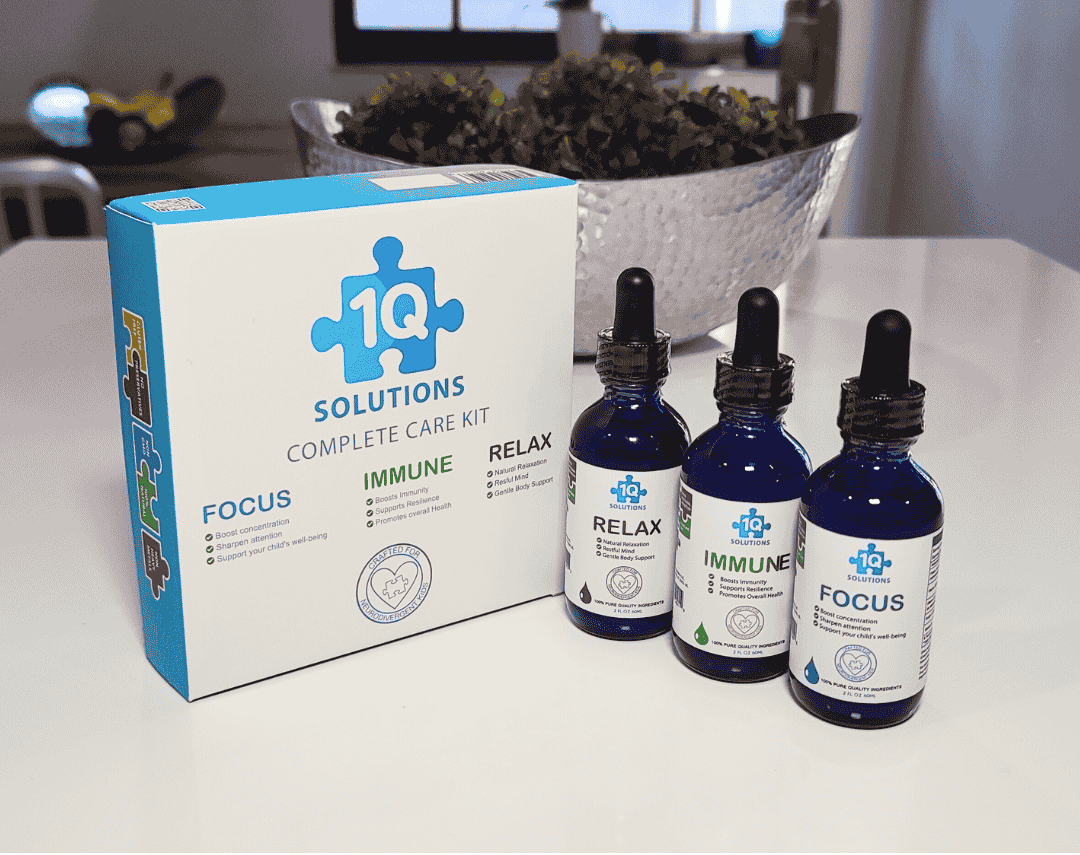
How Supplements Can Support Focus in Neurodiverse Kids
Introduction: The Role of Supplements in Enhancing Focus for Neurodiverse Kids
The prevalence of neurodiverse conditions such as ADHD and autism spectrum disorder (ASD) is increasing, affecting millions of children in the United States and around the globe. Parents and caregivers are tirelessly searching for effective and natural ways to support focus and cognitive health in these children. One promising avenue is dietary supplements, which can offer complementary benefits alongside other traditional therapies. In this article, we delve into the potential of supplements to aid concentration and cognitive function in neurodiverse kids, adhering to the expertise, authoritativeness, and trustworthiness (E-A-T) guidelines by grounding our discussion in credible data and authoritative sources.
Understanding Neurodiversity: ADHD and Autism Spectrum Disorder
Neurodiversity encompasses a range of diverse neurological conditions, prominently ADHD and autism spectrum disorder (ASD). According to the Centers for Disease Control and Prevention (CDC), approximately 9.4% of children aged 2-17 years have been diagnosed with ADHD, characterized by inattention, impulsivity, and hyperactivity. Similarly, ASD affects about 1 in 54 children in the United States.
These conditions can hinder a child's ability to focus, creating a need for interventions and support strategies. A holistic approach incorporating nutrition, behavioral therapy, and educational support can often prove beneficial. In many cases, supplements can provide an additional layer of aid.
Different practices beneficial for supporting neurodiverse children include:
-
Providing a structured and predictable routine to help children manage expectations
-
Creating a safe and quiet space for children to retreat when confronted with sensory overload
-
Using visual aids to enhance learning and comprehension
-
Employing strategies for managing disruptive behavior, like rewards for positive actions
-
Establishing a strong parent-teacher collaboration to foster consistency between home and school.
Neurodiverse children, including those with ADHD and ASD, may benefit from a range of potential interventions. These not only include traditional methods like cognitive behavioral therapy but also involve dietary changes and the addition of specific supplements
Supplements and Their Role in Enhancing Focus for Neurodiverse Children
Supplements such as omega-3 fatty acids, vitamins, and minerals are known to have potential benefits in supporting brain function and improving focus in neurodiverse children. According to a study published in the journal Pediatrics, omega-3 supplementation has been associated with improved attention and cognitive function in children with ADHD.
Another supplement worth mentioning for neurodiverse individuals is the Focus 1Q, available at 1Q Solutions. This product is specifically designed to support mental clarity and concentration in individuals with concentration challenges, using a blend of organic herbal extracts and essential nutrients.
The unique formulation of Focus 1Q includes the following key ingredients:
-
Herbal extracts, such as Ginkgo Biloba and Bacopa Monnieri, known for their cognitive-boosting properties and widely used in traditional medicine.
-
Vitamins and Minerals, such as B vitamins and Zinc, required for proper brain function and health.
-
Omega-3 fatty acids, essential for optimal brain health and cognitive functions.
-
Amino acids, such as L-Theanine, known to promote relaxation and improve attention.
The powerful blend of these carefully selected components works together to enhance attention, memory, and cognition, thus making Focus 1Q an effective supplement for neurodiverse individuals.
On average, users have reported a noticeable improvement in their focus and concentration levels after 4 weeks of taking this supplement daily. It is also important to note that Focus 1Q is non-GMO, vegan-friendly, and free from preservatives and artificial colors.

Scientific Evidence Behind Supplements for Neurodiverse Individuals
There is an increasing body of scientific literature supporting the use of dietary supplements for enhancing cognitive functions. Here are some notable findings:
-
A 2017 study published in the journal "Neuropsychiatric Disease and Treatment" found that Bacopa Monnieri improved memory and attention in healthy adults.
-
Research indicates that Ginkgo Biloba promotes blood flow to the brain and acts as an antioxidant. These effects may contribute to its potential benefits on brain health.
-
Various studies cited in the journal "Nutrients" in 2018 confirmed that Omega-3 fatty acid supplements can enhance cognitive performance, particularly in regards to mental flexibility and memory.
Below is a table showing the cognitive benefits associated with some common supplement ingredients:
| Ingredient | Cognitive Benefit |
|---|---|
| Bacopa Monnieri | Improves memory and attention |
| Ginkgo Biloba | Enhances blood flow to the brain and acts as an antioxidant |
| Omega-3 Fatty Acids | Enhances cognitive performance (mental flexibility and memory) |
Though these scientific findings suggest promising results, further large-scale, human clinical trials are needed to confirm the viability of supplements as a therapeutic intervention for neurodiverse individuals.
The Scientific Evidence: What Data Supports the Use of Supplements?
Research has become increasingly focused on the role of micronutrients and polyunsaturated fatty acids in neurodevelopment. According to a meta-analysis published in the Journal of the American Academy of Child and Adolescent Psychiatry, children with ADHD may have lower levels of zinc, iron, and magnesium, making supplementation a viable option.
| Supplement Type | Reported Benefits | Recommended Dosages |
|---|---|---|
| Omega-3 Fatty Acids | Improved attention, hyperactivity reduction | 1–3 grams per day |
| Zinc | Improved cognitive and motor function | 10–20 mg per day |
| Iron | Cognitive development support | 10–15 mg per day |
Potential Challenges and Considerations in Supplementation
While supplements offer potential benefits, they are not devoid of challenges. One of the primary hurdles includes varying responses among children, making pediatrician-recommended approaches crucial. Additionally, the quality and purity of supplements, marked with non-GMO and allergen-free assurances, must be verified.
The Food and Drug Administration (FDA) does not regulate supplements as strictly as conventional medications, raising a need for parents to seek products from reputable companies such as 1Q Solutions.
Pediatrician-Recommended Strategies for Supplement Use
Pediatricians advocate for a balanced diet rich in various nutrients as the first line of intervention, supplemented by carefully selected dietary products. Brands offering transparency and scientific backing, like the Focus 1Q, are more likely to be recommended by healthcare professionals.
By consulting with healthcare providers, parents can ensure that the chosen supplements are appropriate for their child’s specific needs, monitoring any adverse effects and adjusting dosages accordingly.
Complementary Supports: Beyond Supplements
Supplements are most effective when combined with other therapeutic approaches. Behavioral therapies, physical activities, and structured routines all play vital roles in nurturing focus and attention in neurodiverse children. The syncretic use of these modalities alongside supplements can maximize a child's cognitive potential.
Moreover, family support and involvement in therapeutic processes are essential components of successful intervention, ensuring an environment conducive to learning and growth.
Exploring Brain Health Drops for Neurodiverse Wellness
Brain health drops, a form of liquid supplements, are also gaining popularity for their ease of use and fast absorption. Products like Focus 1Q, which incorporate plant-based extracts known for cognitive support, are witnessing increased attention from parents of neurodiverse children. The blend of herbal ingredients presented in this format can support mental clarity and focus without the hurdles of swallowing pills.
Importance of Non-GMO Ingredients in Neurodiverse Wellness
Parents and caregivers are often concerned about genetically modified organisms (GMOs) in supplemental products due to potential health impacts. Choosing non-GMO certified supplements, like those from reputable sites such as 1Q Solutions, can alleviate these concerns and provide peace of mind. Non-GMO ingredients ensure that children receive the purest form of nutrients without exposure to harmful additives, which is especially important for sensitive pediatric populations.
Key Takeaways: Path Forward for Neurodiverse Children's Focus Support
The journey toward enhancing focus in neurodiverse children is multifaceted, requiring dietary, therapeutic, and environmental approaches. Supplements, when chosen and used appropriately, can significantly contribute to this objective. Brands like Focus 1Q cater specifically to the needs of neurodiverse children with their targeted formulations.
Continued research and collaboration between healthcare providers, parents, and educational institutions will be critical in driving forward the development of effective strategies, ensuring children thrive within their unique capacities.
Frequently Asked Questions (FAQs)
A: The most effective supplements for enhancing focus in neurodiverse children include omega-3 fatty acids, zinc, iron, and specific herbal extracts known for their cognitive benefits. Omega-3 fatty acids help in reducing hyperactivity and improving attention span, as supported by numerous studies. Zinc and iron play essential roles in brain health and cognitive development, while herbal supplements, such as those found in Focus 1Q, support mental clarity and concentration. It is vital to choose supplements that come from reputable sources, ensuring non-GMO and allergen-free properties, to minimize adverse effects and maximize benefits.
A: Using dietary supplements in children with ADHD or ASD can lead to potential side effects such as digestive issues, allergic reactions, or interactions with prescribed medications. Side effects typically vary depending on the type of supplement and individual sensitivities. To mitigate risks, it is crucial to consult with healthcare providers before beginning any new supplement regimen. By involving healthcare professionals, parents can monitor the child’s response to the supplement and adjust the dosage as necessary. Choosing high-quality, evidence-backed supplements such as those from 1Q Solutions can also help in reducing unwanted side effects.
A: Parents can ensure the quality and safety of supplements for their children by selecting products from reputable companies known for their stringent quality controls, such as 1Q Solutions. It is essential to check for third-party testing and certification labels like non-GMO and allergen-free indications. Additionally, parents should review product ingredients and research evidence supporting the formulation’s efficacy in brain health and focus support. Staying informed about industry standards and consulting with pediatricians can empower parents in making informed decisions regarding their child’s nutritional needs.
A: Yes, involvement of pediatricians in supplement decisions is recommended for neurodiverse kids to ensure their safety, efficacy, and compatibility with existing treatments. Pediatricians can provide personalized guidance based on the child’s specific nutritional needs, current medication, and overall health status. Their expertise helps in identifying the most appropriate supplements and dosages, while avoiding potential conflicts between different treatments. Engaging with healthcare professionals also aids in monitoring the child’s progress and making necessary adjustments to optimize cognitive support effectively.
A: Non-GMO supplements provide pure and natural sources of nutrition, free from genetically modified organisms that may pose health risks. For neurodiverse children, consuming non-GMO supplements ensures they receive clean ingredients without exposure to harmful additives. This is particularly important for children with sensitivities and allergies. Moreover, non-GMO products are often manufactured under stricter quality controls, offering reassurance of product safety and efficacy. By choosing non-GMO certified supplements like those available at 1Q Solutions, parents can confidently safeguard their child’s cognitive health and development.








